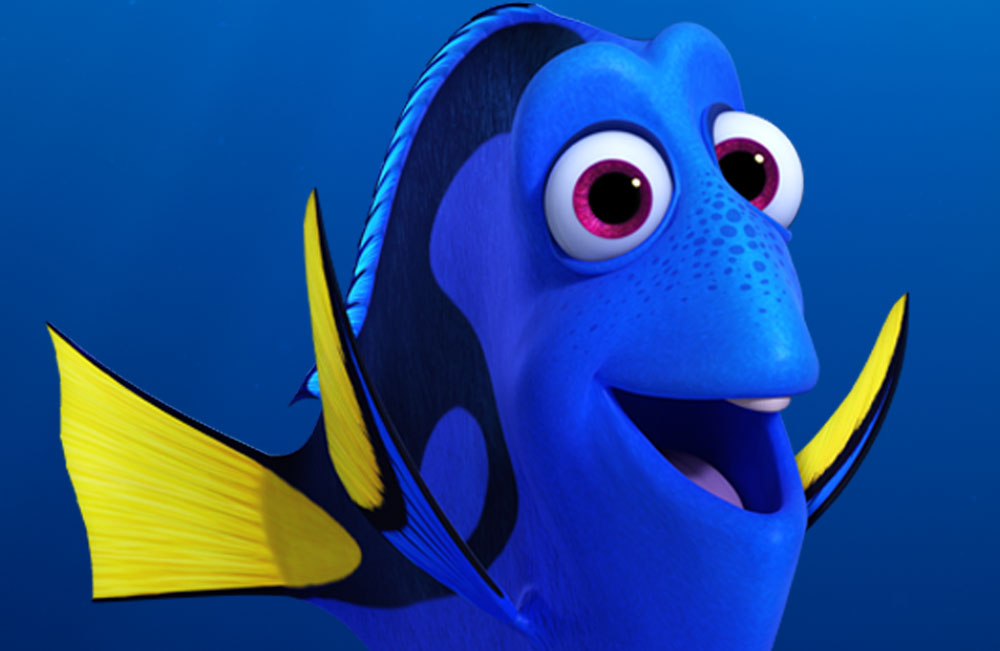 By Maria Gallagher, Legislative Director
By Maria Gallagher, Legislative Director
I think you could draw many life lessons from the Disney movie, “Finding Dory.”
The long-awaited sequel to the cinematic classic “Finding Nemo” tells the story of one brave fish’s quest to find her parents.
Dory suffers from short-term memory loss. But at the beginning of the movie, we see her loving parents are very supportive of her and celebrate her every accomplishment.
This brought to my mind a couple of key points. One is how too many in the medical community often discourage parents whose unborn children have been diagnosed with disabilities or difficult health problems.
It has been reported, for instance, that the abortion rate for a Down Syndrome diagnosis is 90 percent. Unfortunately, too many doctors fail to offer encouragement to parents who have been given a challenging prenatal diagnosis, focusing on the hardships rather than the blessings.
Abortion activists demand exceptions in abortion restrictions for “fetal anomalies,” which is a euphemism for disabilities or medical problems. But, just because someone is handicapped in some way, that does not make them any less human. In fact, caring for that individual, showing compassion to her, can actually make us, in a sense, more human.
Also noteworthy is that a character who tries to help Dory–Hank the octopus–also has a disability, in that he has one tentacle missing. Yet, he proves very adept at moving himself–and the story–forward.
The other thought that crossed my mind was on the other side of the spectrum, the elderly. Someone who has been diagnosed with dementia is also deserving of our protection–especially from those who would have that individual succumb to euthanasia or assisted suicide.
Kudos to the creators of “Finding Dory” by celebrating true diversity–the diversity that comes from those who are differently-abled. May our children learn the movie’s life lessons and carry them on throughout their lives.
